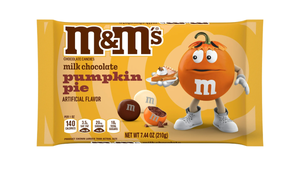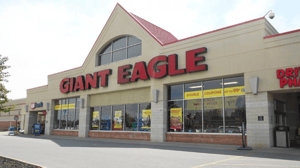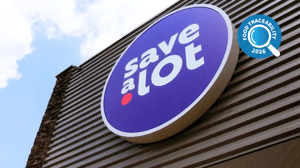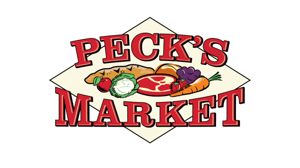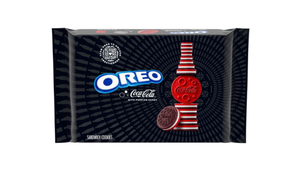Sponsored By
News
The front of a CVS store with the 5 things logo in the upper right corner.
Grocery Operations
5 things: Is CVS starting to crumble?5 things: Is CVS starting to crumble?
Here’s 5 things you may have missed in grocery
Stay up-to-date on the latest food retail news and trends
Subscribe to free eNewsletters from Supermarket News





.png?width=300&auto=webp&quality=80&disable=upscale)



.png?width=300&auto=webp&quality=80&disable=upscale)
